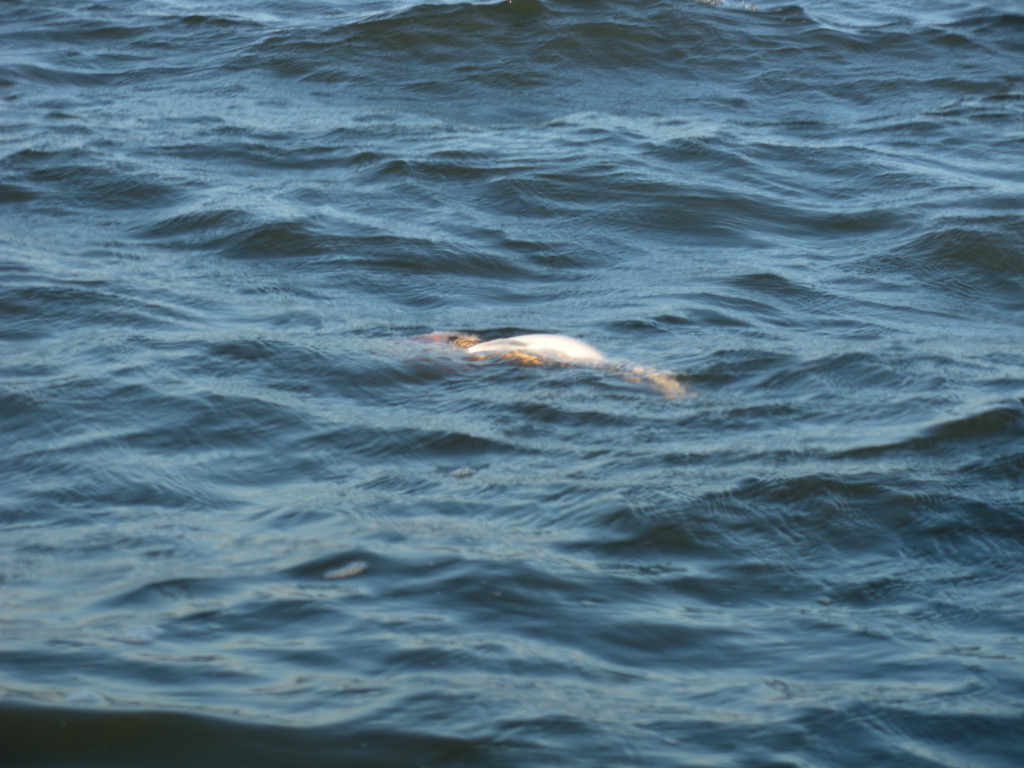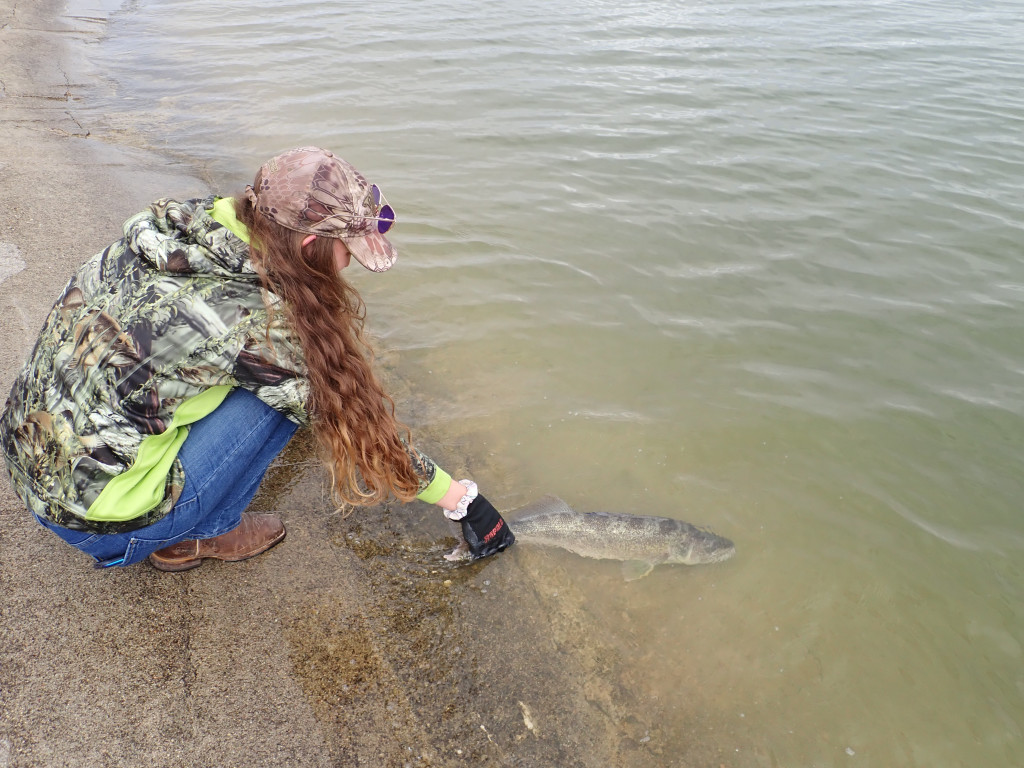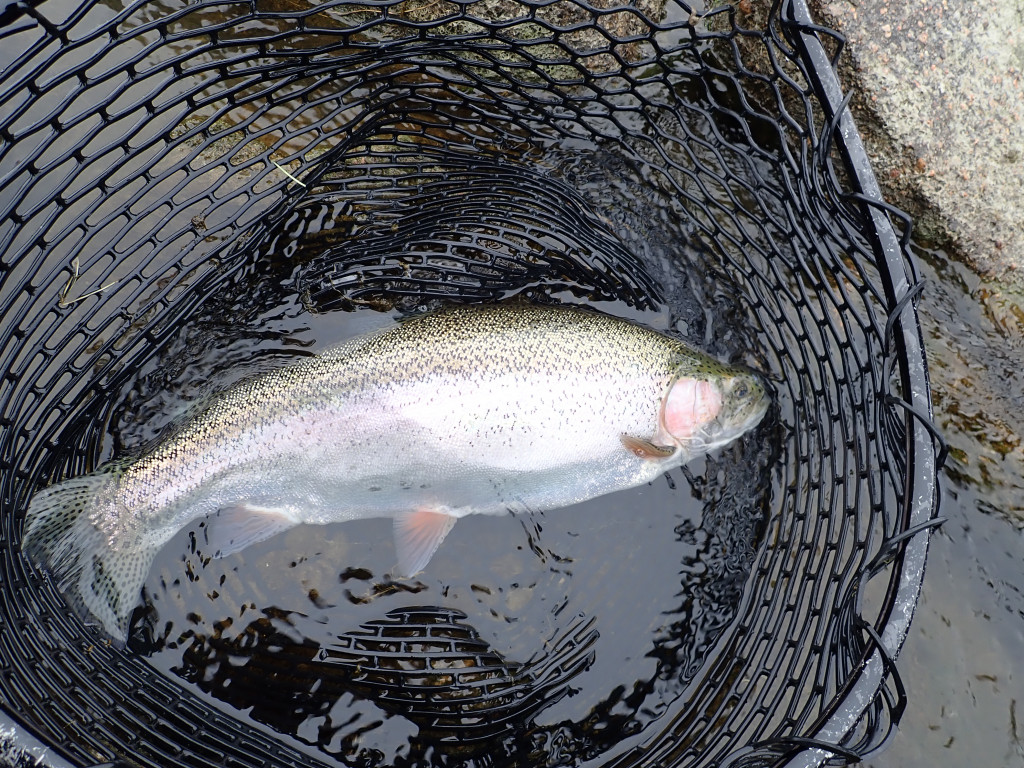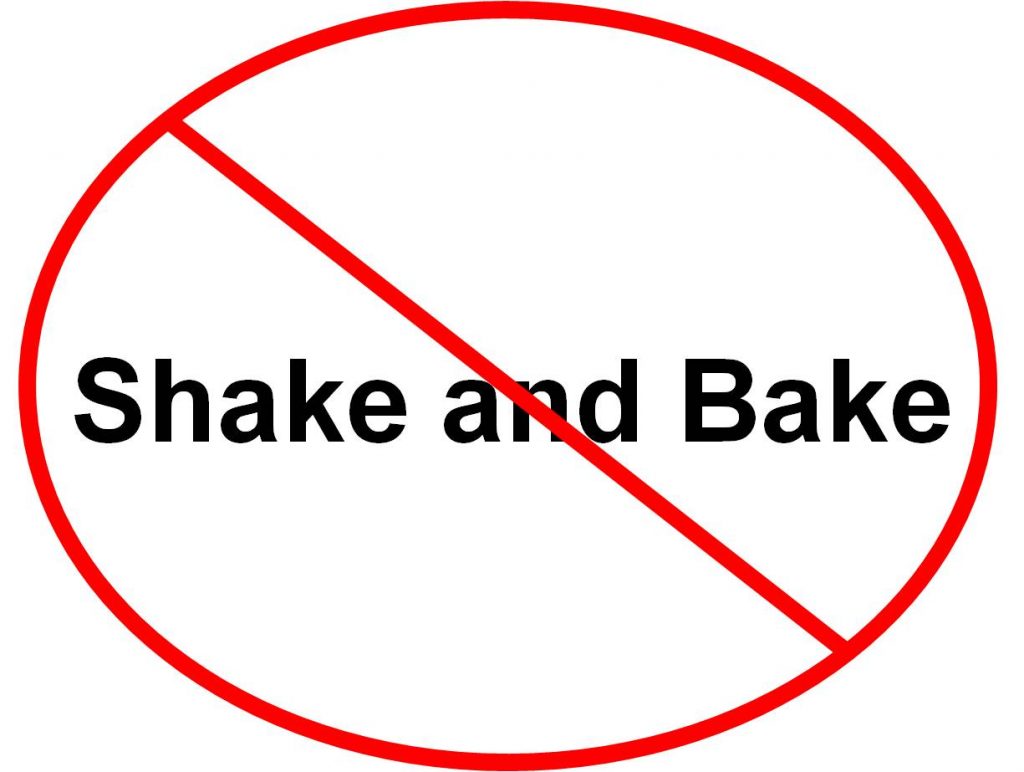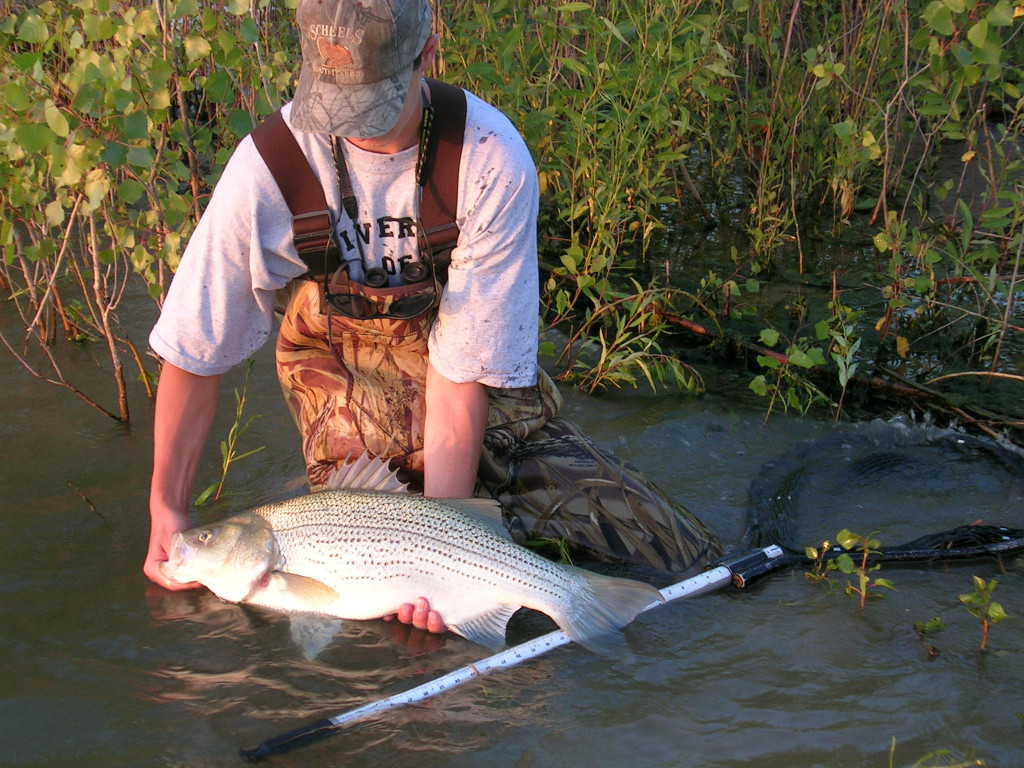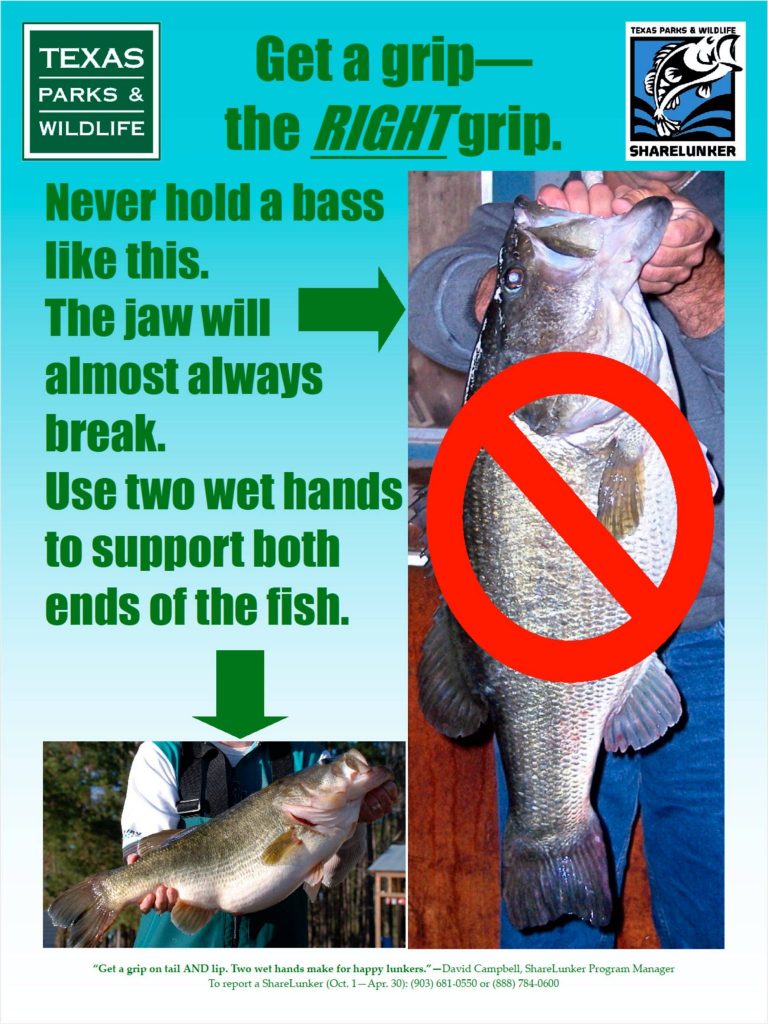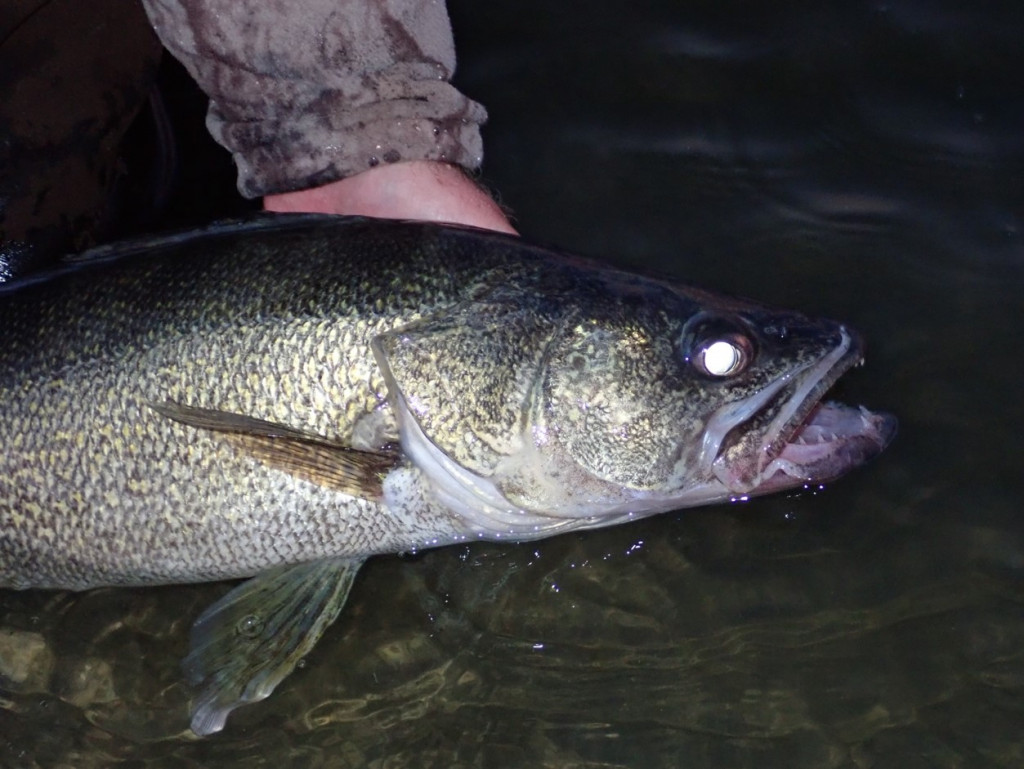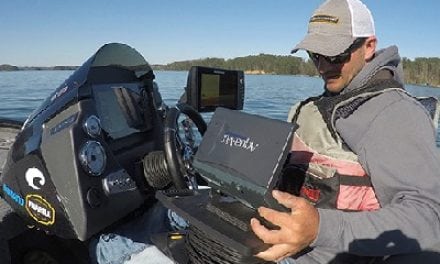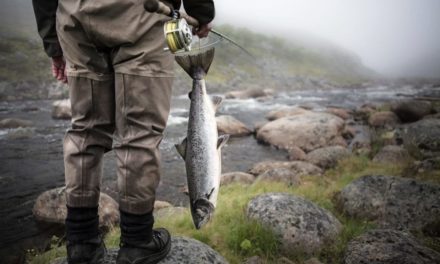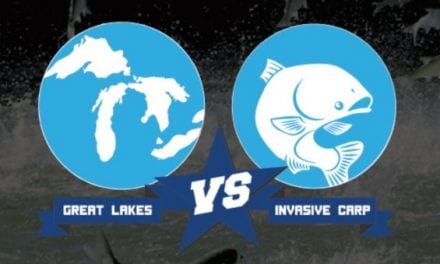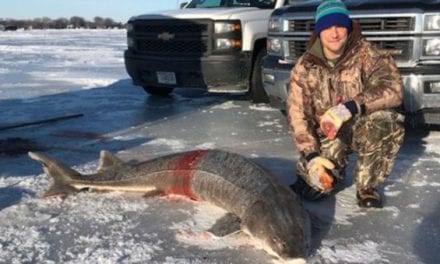Have not blogged about this for a while. I usually “stir” a few folks when I do. I grin maniacally when that happens; it means some have had to stop and think for a minute.
It is mid-summer, it is hot, time to do it again. . . blog about catch & release and proper fish handling.
Now, understand where I come from on this subject. I AM ALWAYS GOING TO COME DOWN ON THE SIDE OF THE FISH, THE RESOURCE. Folks are so easily offended and may think I am being critical of this or that, this person or that one. All I am really asking is “what is best for the fish?” All I am really hoping is to make more folks ask themselves the same question.
First, for the “catch all you can and can all you catch” crowd. Many of you are not going to take the time to read this whole blog, so let me say this right up front. . . . Yep, I see your photos, I see the stringer shots, the carcasses on the cleaning table, the golden fillets on a plate. I will forever support harvesting a few fish for a meal of fresh fish now and then. That should be part of our recreational fishing experience. Fish are a healthy meal, and properly-handled, they taste great! Selectively harvested, our fisheries can continue to offer both quality fishing and the opportunity to enjoy eating some of our catch.
However, if you think the current coronavirus thing is a great excuse to fill the freezer, you are going to find that your future fishing will be impacted. It is not as simple as “the Game & Parks stocking more fish” so you can harvest more. It does not work that way. If the oceans can be over-fished, there is not a waterbody in Nebraska that cannot be over-fished. It has happened before, it will happen again. Remember, those resources belong to all of us, and your use of our fisheries resources impacts not only the resource, it impacts you, and many others too. Sure, it may be legal, but is it ethical? Is it Best for the resource?
Having said that, catch & release is a fact of life, even if you are fishing for a meal. You will catch fish that are required by rule to be released. There will be fish that you choose to release. You might as well learn to do it right, to do it Best. Let’s start with some science.
The act of hooking, playing, landing, handling and releasing fish stresses them. The more and longer that takes, the more they are stressed. The warmer the water, the more they are stressed. Fish are amazing, robust creatures able to survive in a harsh world. They are not made of crepe paper. On the other hand, as stress accumulates, it can result in mortality. The problem is you do not know what additional stressor is the one to “break the camel’s back” and result in a dead fish.
Oh, by the way, just because you put that fish back in the water and it swam away does not mean it survived. Delayed mortality happens. Sure, they swam away, but a day or two later some were dead.
Tournament anglers, bass, catfish, walleyes, whatever, there is a certain percentage of those fish you released after a weigh-in that are going to die. During the heat of the summer, that delayed mortality is significant. Go ahead and pat yourselves on the back for how well you handle fish during the weigh-in, I know you are handling them as well as possible. And, I know they all swam away. Just know that they did NOT all survive.
No Fishing?
So, if fishing stresses fish, then the best way to not stress them would be to not fish. Right?
Yep, but I ain’t going to quit fishing and I do not expect anyone else to either.
However, during the heat of summer, for some fish, maybe we should back off?
Yes, I am suggesting that fishing for cool-water and cold-water species during the heat of the summer is particularly stressful. It can even be a death sentence in some situations. If you have caught wipers of any size, you know they can literally fight themselves to exhaustion, especially in hot water. Likewise, big muskies and pike are especially vulnerable when water temps. get into the upper 70’s F and higher. Big walleyes from relatively deep water also can be especially stressed if caught during July and August.
I have been on waters in neighboring states, where anglers did not fish for trout during heat wave afternoons. Many muskie anglers will choose to fish for other species until water temps. cool. One of my biggest wipers, maybe the biggest I have ever caught, I never even took a picture of because I knew in the heat it could not withstand any additional handling.
Think about it, maybe fishing for something else for a few weeks would be Best for the fish?
Tick Tock
Land ’em as quickly as possible, keep ’em in the water and handle ’em as little as possible, and then get them back in the water from which they came as soon as possible. Anything less than that is not the Best. During the heat of summer, do not fool around seeing how light of line you can catch ’em on. Tackle up as much as possible. Have hook removal tools readily available, preferably on your body. Likewise, do not waste time taking pictures; get the camera ready, lift, grin, “click”, get the fish back in the water.
If you are going to release ’em, do NOT put ’em in the livewell. Get them back in the water from which they came as soon as possible. Some will tell you to gently place them in the water. I simply will tell you to get them back in as soon as possible. If that means they need a toss, then toss ’em!
If, and only if they are not able to keep themselves upright in the water, then grab them and hold them for awhile. Hold them upright until they regain their equilibrium. Do not swish ’em back and forth, just hold them and let them gill on their own. When they can swim away, let ’em.
Get a net
There was a time when I would NOT recommend using landing nets for fish that were to be released. The old knotted, nylon-mesh, landing nets were hard on fish fins and slime coats. Fortunately, that was then, this is now. In my opinion one of the Best catch and release tools you can have is a landing net.
Let me be specific about the landing nets. They should be large enough to hold the fish you intend to catch, and hold them in the water. Secondly, they need to have a soft mesh, or a mesh made for catching and releasing fish, a rubber mesh, or a rubber-coated mesh. Look at any of the major landing net manufacturers and you will find a variety of “conservation”, “fish-friendly” or catch & release landing nets. Get one. It will be good for the fish you catch, and you will land more fish!
One reason I believe landing nets are one of the Best catch & release tools is this: You can put the fish in the net, and keep the net in the water. That can be done from shore, wading, or in a boat. Fish can be left in the net, in the water while hooks are removed. Cameras and posing can be prepared while fish are in the net, in the water. Then, again, lift, grin, “click”, back in the water. If a fish needs some support to recover before swimming away, that also is easy to do while they are in the net.
Say “NO” to Shake and Bake
If you can put ’em in a good landing net, they will not be flopping on the shore or bottom of the boat. Fish are slimy for a reason. That slime coat is an important defense against injuries and infections. Flopping in the sand on the shoreline ain’t good for their slime coat. When they look like they have been rolled in Shake and Bake coating, it is far from the Best handling.
Oh, and I do not care what the bass jocks are doing on TV, do not flop ’em on the bottom of the boat either.
Measure, don’t weigh
The weight of a fish means as much to me as the next angler. But, I have not weighed a fish, except on the job, for years.
Weighing means more handling, so I do not do it. Sure, again I know, I will hear from some of you about how you can quickly and safely weigh a fish. I get it. I do it as a fisheries biologist. But, again is that the Best handling? Mark a ruler on your landing net handle. Then, fish can be measured while still in the water. That is better.
With a length, I have lots of formulae for figuring out how much that fish weighed.
Horizontal Holds
I am not saying every fish that was held vertically was killed. Nope, far from it. I am saying that fish were not made to be held vertically out of water supported only by their jaw. The bigger the fish, and the more torque placed on the jaw, the more likely they will be injured.
Horizontal holds are Best.
Oh, and that does not go just for bass.
Not just in Texas either.
Likewise, the variety of “fish gripper” tools designed for clamping onto lower jaws are prone to cause injuries too. Again, I know some of you will tout how much easier those tools make it for holding fish, especially for less-experienced anglers. And, afterall, easier, quicker handling is a good thing, right? Yes, that is true. But, I am saying research on fish that have been held with those tools shows that injuries are more likely. They are not the Best ways to handle them.
Cool Weather is Coming
In a month or so, water temperatures will begin cooling. Fish handling regardless of species is a lot less critical the cooler the water. For now, make sure you are on your game, make sure your handling is the Best it can be. The fish, and our fishing, depends on it!
The post Good, Better, Best appeared first on Nebraskaland Magazine.



